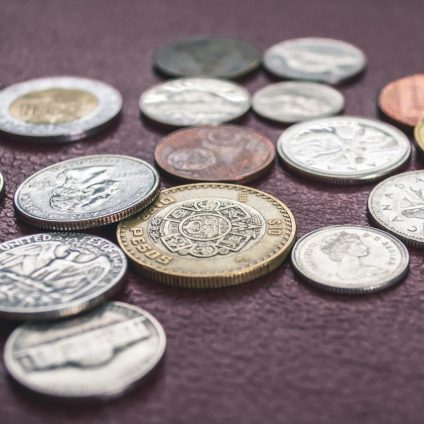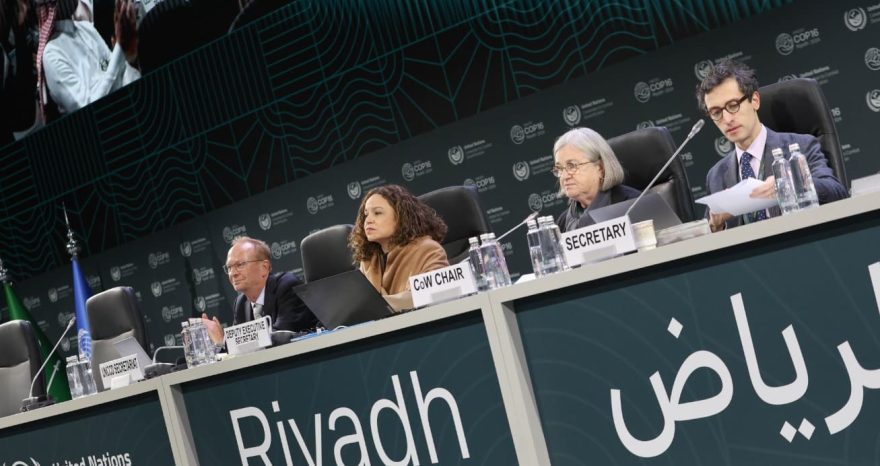Reaching an agreement on climate finance is becoming increasingly difficult at the COP29 negotiations. The latest round of preliminary talks ahead of the two-week summit in Baku has done nothing to improve the situation. Discussions on climate finance and the post-2025 framework remain stalled at the same positions they were three years ago.

60 Days Until the Baku Climate Summit
With just 60 days left until the Baku Climate Summit, a vast gap remains between wealthy nations and developing countries regarding the future of climate finance. The interim meetings in Baku concluded last week with no progress. Key issues remain unresolved, intentions are unclear, and mutual trust is at an all-time low, poisoning the negotiation atmosphere.
Climate Finance at the Heart of COP29 Negotiations
Climate finance is the central issue of the upcoming climate summit, set to take place in November in Baku, Azerbaijan. COP29 must approve a new financial package to support adaptation and mitigation efforts for less developed countries, which are often the most affected by climate change.
The nearly 200 countries participating in the talks must define the post-2025 climate finance framework, known as the New Collective Quantified Goal (NCQG). This new goal updates and replaces the previous target, set in 2009, which committed wealthy nations to provide $100 billion annually to vulnerable countries by 2020.
The NCQG is seen as a critical tool to ensure that the green transition is fair and as harmonious as possible, bridging the economic, technological, and financial disparities between nations.
Work on the NCQG’s architecture and details has been ongoing for years, and the issue has been a prominent feature of international climate summits since COP26 in Glasgow. Yet, the discussion continues to stall around key sticking points, with a significant divide between donor and recipient nations still looming large.
COP29 Negotiations: Stalemate on Key Issues
What are the main issues stalling the COP29 negotiations? The two central and most contentious topics are the scope of donor countries and the total amount for the post-2025 climate finance target:
- Who should contribute? For the past two years, advanced economies have pushed for a revision of the pool of donor countries. They argue that financial responsibility should also be shared by nations that now have the necessary resources, but were in a very different position 30 years ago when the original list of donors was created. China is a prime example, as it will still formally sit at the COP29 negotiations as a “developing country.”
- How should the new target be quantified? So far, the only certainty is that the New Collective Quantified Goal (NCQG) will far exceed the previous target of $100 billion annually. However, how much higher it will be, what it will include, and how various forms of financing will be structured are still unresolved. The United Nations continues to suggest a figure of at least $2.4 trillion per year, while some developing nations have proposed a minimum of $1 trillion annually. Yet, no consensus has been reached in the negotiations.
At last week’s meetings in Baku, wealthier countries once again called for an expansion of the donor base. However, the Group of 77, which includes many developing countries, rejected the proposal and imposed additional conditions. These include:
- Ensuring that the majority of climate finance is provided in the form of grants, not loans;
- Guaranteeing that public funding remains the primary channel (while richer nations insist that private sector involvement is crucial for mobilizing sufficient resources);
- Including loss and damage as a key objective of the NCQG, alongside adaptation and mitigation.
These are points on which wealthier countries have shown little interest in negotiating, leading some observers to accuse them of “acting in bad faith.” “After nearly three years of dialogue and negotiation, we are still far from reaching an agreement on some of the key aspects of the NCQG. With so many unresolved issues just weeks before COP29, we face the real possibility of a negative outcome, threatening the very existence of the Paris Agreement and eroding what little trust remains in the multilateral process,” said Bertha Argueta of the NGO Germanwatch.












